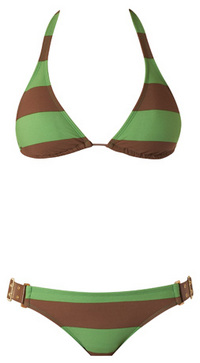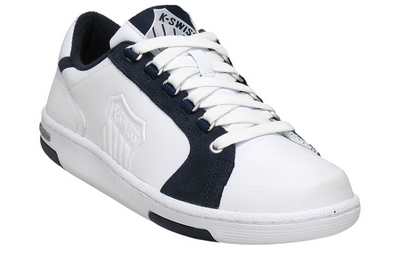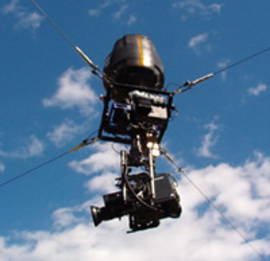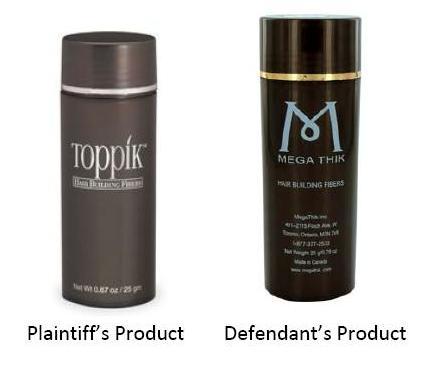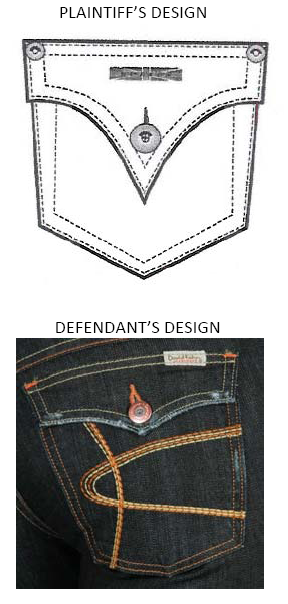 Los Angeles, CA – Hudson Clothing,LLC filed a trade dress, Lanham Act § 43(a) trademark infringement, and false advertising complaint against BVDK Design, Inc. Plaintiff designs high end denim jeans and alleges that, since 2002, it has used a distinctive back pocket flap design trademark, which it also claims functions as its trade dress. Plaintiff contends it occupies the “premium” denim market, which means – prepare yourself – jeans in excess of $150 a pair. “This market attracts consumers focused on value, style, fit and comfort.”
Los Angeles, CA – Hudson Clothing,LLC filed a trade dress, Lanham Act § 43(a) trademark infringement, and false advertising complaint against BVDK Design, Inc. Plaintiff designs high end denim jeans and alleges that, since 2002, it has used a distinctive back pocket flap design trademark, which it also claims functions as its trade dress. Plaintiff contends it occupies the “premium” denim market, which means – prepare yourself – jeans in excess of $150 a pair. “This market attracts consumers focused on value, style, fit and comfort.”
Plaintiff alleges that BVDK’s jeans, in contrast, lack the reputation and quality that Hudson’s jeans enjoy. But in order to penetrate the premium denim market, defendant is accused of intentionally adopting and using a confusingly similar pocket flap. David Kahn, the owner of BVDK, is also named in the suit and is accused of selling the purportedly infringing jeans on the www.davidkahnjeanswear.com website. Plaintiff also learned that Defendants’ products, which are sold as the “Nikki” style, was available at the same retailer, Nordstrom. Although there is a false advertising cause of action, Plaintiff does not detail the allegedly false statements that were made with respect to the quality of the products. The case is Hudson Cothing, LLC v. BVDJ Design, Inc., CV 09-3275 R (C.D. Cal. 2009).
 Los Angeles Intellectual Property Trademark Attorney Blog
Los Angeles Intellectual Property Trademark Attorney Blog



